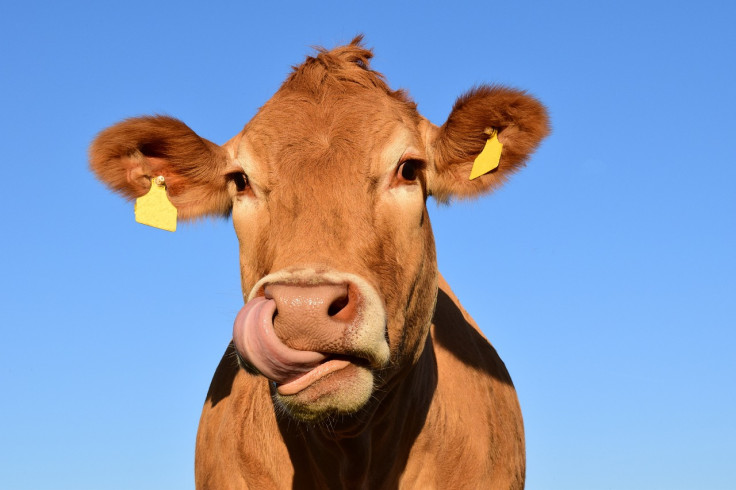China Says 3 Highly Productive 'Super Cows' Have Been Successfully Cloned
Scientists in China witnessed the birth of three successfully cloned "super cows" that can produce a significantly high amount of milk.
The new method, unveiled Tuesday, is considered a breakthrough for China's dairy industry to help cut down the country's heavy reliance on imported cows.
Scientists with the Northwest A&F University were able to see three cloned calves being born in the Ningxia region, according to CNN. They were cloned from the Netherlands-originated cow breed called Holstein Friesian, which is seen as highly productive and capable of producing 100 tons of milk in one lifespan.
The chosen breed can produce 18 tons of milk a year, which is reportedly almost 1.7 times more than the milk an average cow in the U.S. produced in 2021.
As part of the first batch, Chinese scientists made 120 cloned embryos from the ear cells of these highly productive cows.
42 percent of the cloned embryos were then placed in surrogate cows, and around 17.5 percent were still fertile about 200 days later, explained Jin Yaping, the project's lead scientist.
The impregnated cows gave birth to three cloned "super cows" in a breakthrough that allows China to preserve the very best cows "in an economically feasible way," Jin told Global Times.
The first calf was born via C-section on Dec. 30 and weighed 120 pounds. The two other calves were also born in the weeks before the Lunar New Year on January 23.
With the birth of the cloned calves, Jin said the super cows have been "reincarnated" and can be seen as a way for China to breed its own super cows.
Currently, only one in 10,000 cows in China can produce 100 tons of milk in one lifespan, and 70% of the country's dairy cows are imported from overseas.
One of the reasons why it's also difficult to bread them is because cattle are only designated as super cows when they are dead. The loss of their genes this way is a loss to the country as well, Jin said.
"We plan to take two to three years to build up a herd comprised of over 1,000 super cows, as a solid foundation to tackle China's reliance on overseas dairy cows and the issue of the risk of being 'choked' [by supply chain disruptions]," Jin told the outlet.

© Copyright IBTimes 2024. All rights reserved.






















